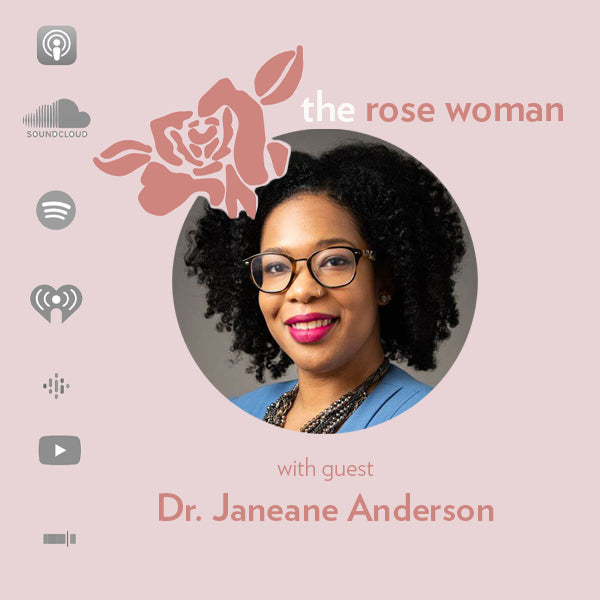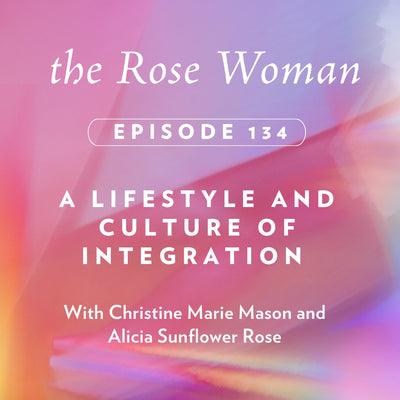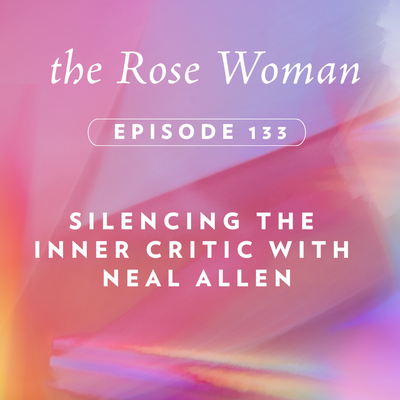Am I less of a woman? Exploring self-concepts with Dr. Janeane N. Anderson
Find @janeanenicole on Instagram, or by email jande163@uthsc.edu
Guest Bio:
Dr. Janeane N. Anderson is an Assistant Professor in the Department of Health Promotion and Disease Prevention in the College of Nursing at the University of Tennessee Health Science Center in Memphis, TN. She earned a Ph.D. and a Master of Public Health (MPH) from the University of Southern California. Dr. Anderson’s research targets the relationship between patient-provider communication practices and clinical and quality of life outcomes among women and adolescents of color. She studies the ways in which patients and medical care providers share power and responsibility to achieve patient health goals in sexual health and chronic disease management. She has been the co-investigator for two federally funded studies to examine patient-provider sexual communication and sexual quality of life among women with early-stage, hormone receptor-positive breast cancer. She has also conducted research to explore how adolescents use social media for health information seeking and sexual risk reduction.
Dr. Anderson’s research program also includes HIV/STI prevention interventions for people of color, specifically Black women, adolescents, and sexual minorities. She has participated in several community-based research projects to develop and refine HIV risk-reduction interventions for Black men who have sex with men, homeless Black mothers, teenaged mothers of color, post-incarceration substance users, and high school-aged teens in urban environments.
Highlights:
- Sexual health challenges impact personal perceptions of beauty and femininity; may lead to internalized stigma and decreased satisfaction in romantic/sexual relationships
- Breast cancer survivors, regardless of race, express willingness to discuss sensitive topics (e.g, sexual health concerns); however, Black women report those discussions made their providers feel uncomfortable.
- Black women with breast cancer are more likely to experience poorer communication with healthcare providers than White women, which may be improved by technology and advocates.
- Lesbian, bisexual, and queer women experience complex, hard-to-navigate communication environments with healthcare providers; sexual health information-seeking and patient-provider interactions
- Providers are not initiating sexual health conversations with their patients: Here are some reasons why.
- Longstanding, supportive patient-provider relationships, especially with female providers, facilitate candid sexual health conversations.
- Peers (power of sisterhood) are underutilized social support and sexual information resources
Helpful links and notes from this episode:











